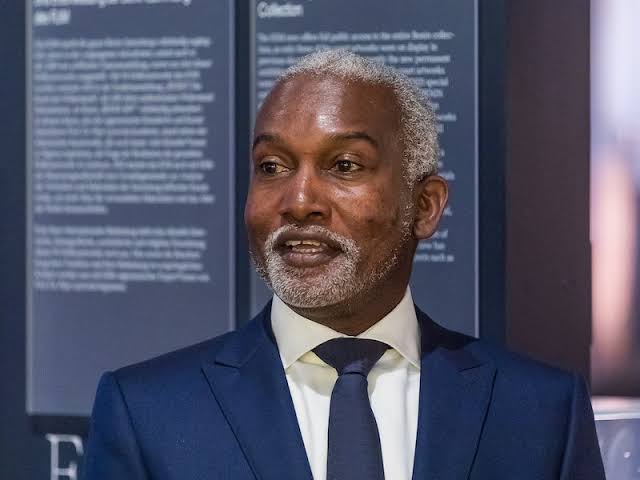The Minister of Foreign Affairs, Ambassador Yusuf Tuggar, has asserted that countering the threat to peace from terrorism and irredentism in the Sahel requires a solid foundation of constitutional governance, robust democratic institutions, and collaboration among democratic nations in the region.
Ambassador Tuggar made these remarks on Thursday during a public lecture on foreign policy titled “Foreign Policy Agenda under Tinubu Administration,” organized by the Association of Retired Career Ambassadors of Nigeria (ARCAN).
The Minister emphasized that the notion that military regimes might be better equipped to combat terrorists and separatists is illusory. He stressed that soldiers, in their bid for control of the capital metropolis, are susceptible to turning their guns on each other rather than focusing on combating terrorists. This, in turn, leaves peripheral and border areas more vulnerable to non-state actors, leading to increased insecurity and instability in neighbouring countries and the entire region.
Highlighting instances of countercoups in West Africa, Ambassador Tuggar noted that Burkina Faso currently only controls less than 40% of its territory. He argued that as Africa’s largest democracy and the Chair of ECOWAS, it is Nigeria’s responsibility to join forces with other democracies and constitutional governments to reverse this alarming trend.
Referring to Nigeria and ECOWAS’s role in successful elections in Liberia, including President George Weah’s graceful concession, Ambassador Tuggar cited diplomacy as a powerful tool. However, he emphasized the need for democracy in global organisations and institutions that often remain exclusive clubs under ambiguous criteria.
ARCAN President, Amb. John Shinkaye, underscored the significance of foreign policy in national governance. He urged the new government to set appropriate priorities and strategies, identifying potential challenges that may arise. Shinkaye acknowledged that Nigeria’s foreign policy would be shaped by domestic factors, regional dynamics, and global realities, highlighting the importance of understanding how these factors impact the country’s stance on key issues such as security, economic cooperation, and international relations.
. TheWitness







